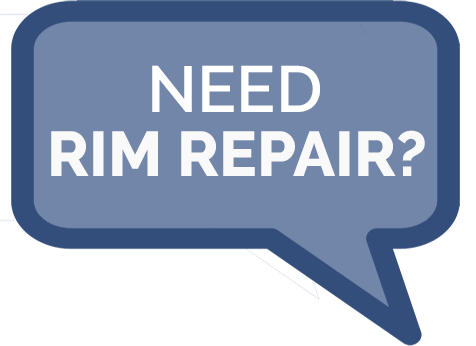Avoiding Alloy Wheel Corrosion
Avoiding Alloy Wheel Corrosion
Alloy wheels can really boost your car’s look and performance, but they can also face some serious corrosion issues. From streaks left by cleaners to brake dust buildup and oxidation, your wheels are at risk of damage that can dull their shine and hurt their performance.
Luckily, understanding these common problems and knowing how to tackle them is key to keeping your wheels in top shape and looking great!
In this guide, we’ll break down three frequent alloy wheel problems: Low Acid Spray Corrosion, Brake Dust Corrosion, and Rim Oxidation. Each one has its own set of issues and requires different prevention tricks. These easy steps will help you maintain those stylish rims and keep them in pristine condition.
Low Acid Spray Corrosion
Low acid cleaners, while designed to be less aggressive, can still pose a risk to alloy rims if not used correctly. When a low acid cleaner is left on the alloy rim for too long, it can cause a streaking effect. This happens because the cleaner begins to etch into the clear coat that protects the rim. For polished, painted, or machined finish rims, this etching manifests as white streaks, while hyper silver rims may exhibit black streaks. The damage from low acid spray corrosion not only affects the appearance of the rim but can also compromise the protective layer, making the rim more susceptible to further corrosion.
PREVENTION: To avoid streaking and etching caused by low acid cleaners, always follow the manufacturer's instructions for any cleaning products you use. Ensure that you do not let cleaners sit on the alloy rims for longer than recommended. Rinse the rims thoroughly with water immediately after application to remove any residue. Additionally, opt for pH-neutral or mild cleaners specifically designed for alloy wheels to minimize potential damage.
Brake Dust Corrosion
Brake dust is a persistent problem for car owners and can lead to significant corrosion if not handled properly. Initially, brake dust can cause small marks or burns on alloy rims if it is not cleaned off regularly. Over time, a combination of moisture, grime, and brake dust can lead to severe pitting, where the surface of the alloy rim becomes deeply corroded. This pitting not only affects the appearance but can also compromise the structural integrity of the rim. When rims reach a stage of severe pitting, professional refinishing is often required to restore them.
PREVENTION: To prevent brake dust corrosion, maintaining a consistent cleaning routine is essential. Ideally, you should clean your alloy rims weekly to keep brake dust, grime, and moisture at bay. Opt for a soft brush or a microfiber cloth to carefully scrub the rims, steering clear of harsh or abrasive tools that could scratch the surface. For more persistent brake dust, utilize a specialized wheel cleaner, making sure to rinse it off completely. To further safeguard your rims, apply a wheel sealant that creates a protective barrier against brake dust and other contaminants.
Rim Oxidation
Oxidation of alloy rims occurs when a chemical reaction between air and moisture leads to the deterioration of the rim's surface. This process typically begins when the factory-applied clear coat is damaged, which can happen due to factors like curb impacts or improper handling of outer rim weights. Once the clear coat is compromised, oxidation can develop rapidly, often becoming noticeable within a matter of weeks. On machined finish alloy rims, oxidation looks like a gray and white spiderweb pattern. Painted rims might show oxidation as bubbles form under the paint, often visible on the inner spokes. Chrome rims can experience oxidation at the point where the tire meets the rim, leading to the lifting of chrome plating. If left untreated, this can result in air leaks. Regular inspections and prompt treatment of any clear coat damage can help prevent oxidation and maintain the life of your rims.
PREVENTION: To protect against oxidation, regularly inspect your alloy rims for any signs of damage to the clear coat, such as scratches or chips. Address any damage promptly by having the rims professionally repaired or refinished. Keeping your rims clean and dry will help prevent moisture from accelerating oxidation. In areas with high road salt or harsh weather conditions, washing your wheels more frequently can help reduce the risk of oxidation. For chrome rims, ensure they are kept clean and free from moisture, particularly around the tire bead area, to prevent rust and air leaks.
Has low acid spray, brake dust corrosion, or oxidation gotten the best of your alloy rims? A Rimguard professional can assist you with each of these alloy rim corrosion issues. Our services range from bent, cracked, or corroded wheel repair to installing new or remanufactured aluminum, steel, and chrome replacement rims.

